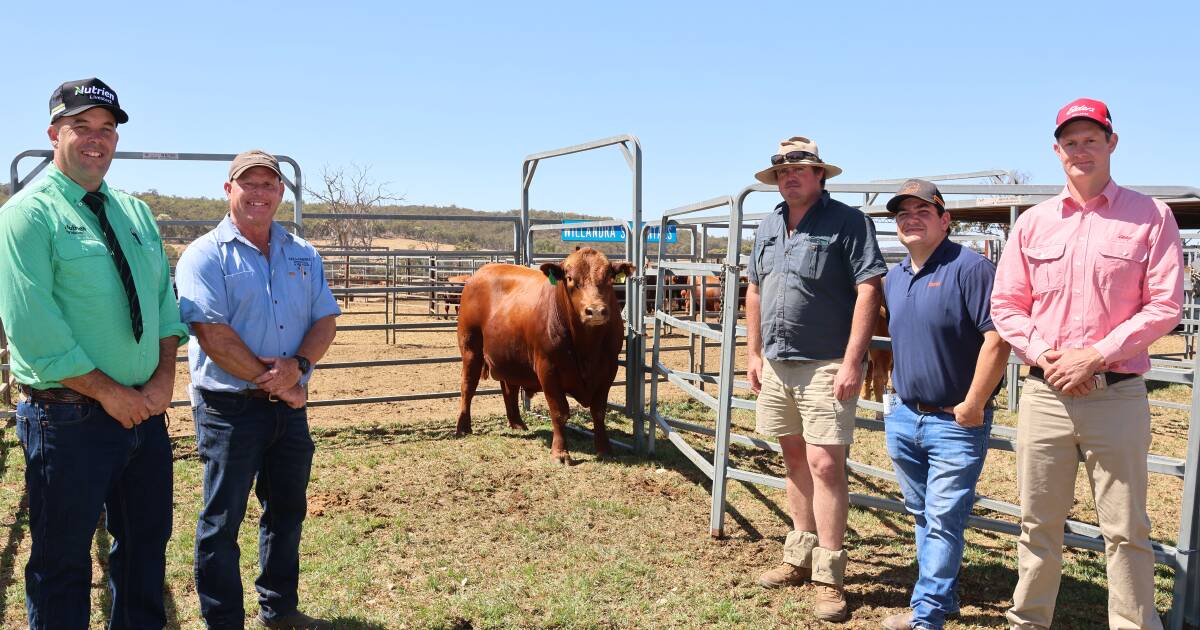
UPDATE: The Albanese Government is poised to pass its historic environmental reforms this week, marking a significant shift in Australia’s approach to environmental protection and economic productivity. As of November 27, 2025, Prime Minister Anthony Albanese and Minister for the Environment Murray Watt have confirmed that the Environment Protection Reform Bill will receive support from the Greens in the Senate, ensuring its swift passage through Parliament.
This groundbreaking legislation comes more than five years after the independent review led by Professor Graeme Samuel, which identified critical flaws in Australia’s outdated environmental laws. The reforms promise to balance environmental sustainability with economic growth, aiming to expedite decision-making for vital projects in housing, renewable energy, and critical minerals.
Key provisions of the amended Bill include the establishment of a National Environment Protection Agency (EPA), tasked with enforcing new environmental laws effectively. For the first time, Australia will implement National Environmental Standards, creating clear guidelines to safeguard the environment. The Bill also introduces stiffer penalties for major breaches and mandates that large emitting projects disclose their greenhouse gas emissions and reduction plans.
“The laws as they stand are broken and need reform,” stated Prime Minister Albanese. “These reforms are crucial for protecting our environment while boosting productivity in our economy. They align with our national priorities of building more homes, expanding renewable energy, and accessing critical minerals.”
Minister Watt echoed this sentiment, calling it a “landmark day for the environment” in Australia. He emphasized the dual benefits of these reforms: environmental protection and economic stimulation, predicting they could inject up to $7 billion into the economy by streamlining approval processes.
Among the vital measures designed to accelerate project assessments is a new Streamlined Assessment Pathway, which reduces the timeframe for approvals, incentivizing businesses to meet the necessary standards upfront. Improved bilateral agreements with states will eliminate duplicate assessment processes, offering greater certainty for businesses and enhancing regional planning efforts.
The reforms also propose removing exemptions from the EPBC Act for high-risk land clearing and regional forest agreements, ensuring all industries adhere to the same environmental standards.
As these reforms prepare to take effect, stakeholders across Australia are watching closely. The implications for both the environment and the economy are enormous, with potential shifts in how projects are approved and executed across the nation.
Next Steps: The Albanese Government will continue to push for the Bill’s passage through Parliament this week. Observers anticipate that this legislative change will reshape Australia’s environmental landscape and bolster its economy in the months and years to come.
Stay tuned for updates as this story develops.






